READ THESE BEFORE IT'S TOO LATE: VOL. I
Some books are best experienced by teenagers. Such stories appeal to a particular pathos only an adolescent almost-adult can fully appreciate. Before it’s too late, give these the attention and affection they deserve.
Catcher in the Rye, J. D. Salinger (277 pages)
Holden and his what-does-it-mean meandering will hold a special place in your heart as you begin your own inevitable existential crisis. I was fortunate enough to read this book for the first time early in college, when I could empathize with a character so embroiled in his own complications that the outside world held little relevance. Now, as I reread Holden’s thoughts with students, my reactions to the story are based more on the art of Salinger’s craft and less on Holden’s internal struggle. I’m glad I was able to walk with Holden through a wintry Central Park when I was young enough not to care whether we’d brought our jackets.
The Hitchhiker’s Guide to the Galaxy, Douglas Adams (217 pages)
Not only the end of the world, but the fate of the universe revolves around Arthur Dent, who, seconds before Earth is demolished, is just trying to prevent the city from rerouting a road right over his property. Dent travels through the story continually railroaded by forces outside of his control and many times outside his understanding. If this isn’t a metaphor for how it feels to be a teenager, I don’t know what is.
The Bell Jar, Sylvia Plath (288 pages)
Often yet inexplicably called the female version of Catcher in the Rye, The Bell Jar still is best first digested by a young mind grappling with what it means to be yourself. While Holden consistently sabotages his success, Esther scrambles to reconcile how she can thrive and yet not be happy—and whether this dichotomy makes her insane.
While it is true that it’s never too late to read a good book, younger readers will find certain novels especially poignant. These stories and characters will resonate with teenagers in a way that is simply less accessible later in life. So do your young self a favor—lend an ear to Holden, offer Arthur some tea, and let Esther answer her own questions. You’ll be glad you did.




